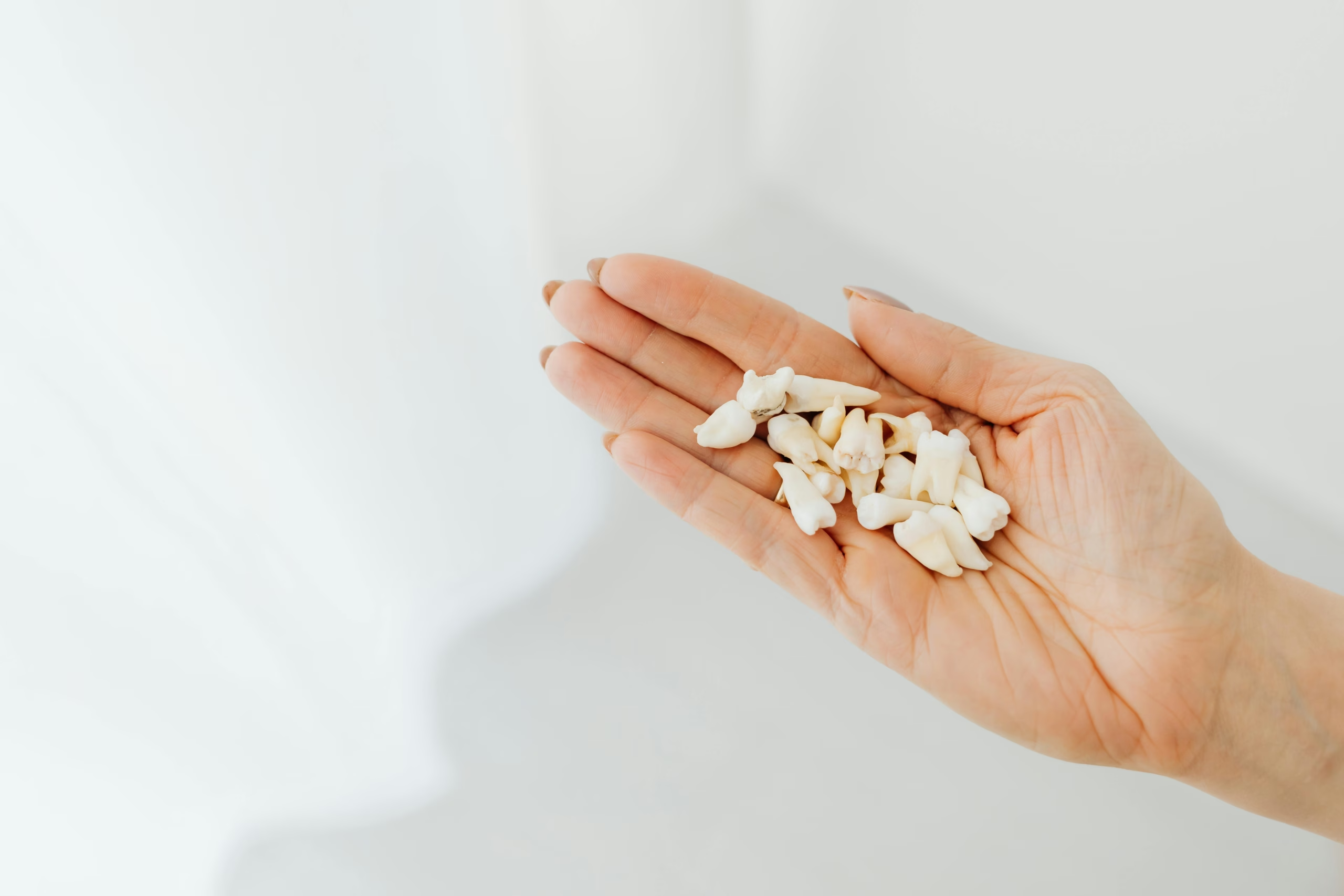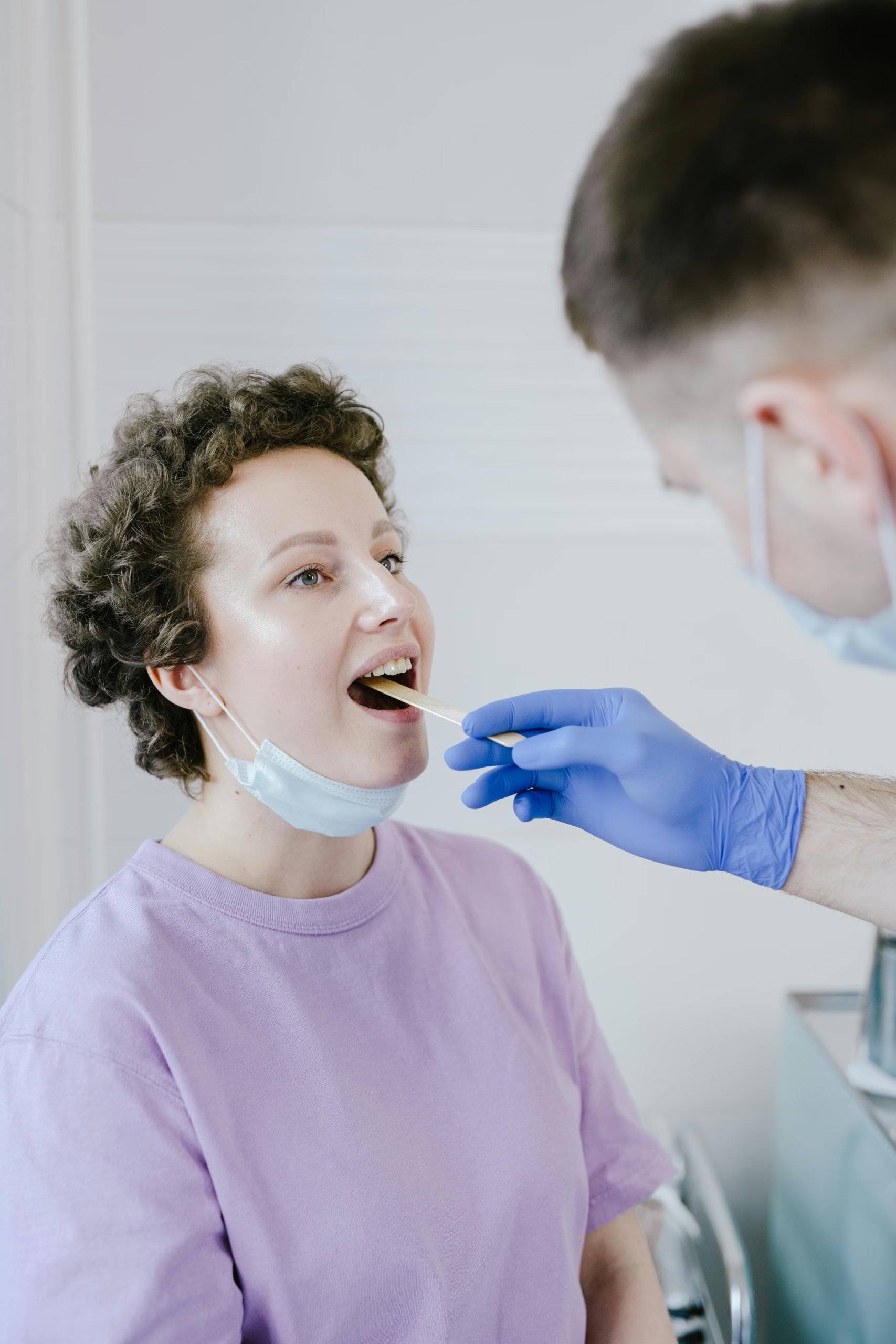Why Do I Have Bad Breath Even After Brushing?

We’ve all been there—you brush your teeth, maybe even floss and use mouthwash, but somehow, your breath still isn’t as fresh as you’d like. So, what’s going on? If you’re wondering, “Why do I have bad breath even after brushing?” you’re not alone. Let’s take a closer look at what could be causing that stubborn bad breath and what you can do about it.
What Causes Bad Breath?
Before we dive into why it sticks around after brushing, it’s good to understand where bad breath—also known as halitosis—comes from. Most bad breath is caused by bacteria in your mouth. These bacteria feed on food particles, and when they break them down, they release gases that smell pretty unpleasant. But that’s not the whole story! Here are a few more reasons you might have bad breath:
1. Poor Oral Hygiene
Even if you’re brushing regularly, if you’re missing spots (especially between your teeth or along your gums), food particles and plaque can linger and cause bad breath.
2. Dry Mouth
Saliva helps wash away food particles and bacteria. If you’re not producing enough saliva (a condition known as dry mouth), those bad-breath-causing bacteria can stick around longer. Dry mouth can be caused by things like certain medications, breathing through your mouth, or simply not drinking enough water.
3. Foods with Strong Odours
We all know that some foods—like garlic, onions, and coffee—can leave a lasting smell on your breath. Even after brushing, these smells can stick around because they’re absorbed into your bloodstream and carried to your lungs, where they’re exhaled.
4. Tonsil Stones
Tonsil stones are small, calcified particles that can form in the crevices of your tonsils. They’re made up of debris like food particles and bacteria, and unfortunately, they can give off a pretty unpleasant smell.
5. Gum Disease
Bad breath that won’t go away, even after brushing, can be a sign of gum disease. If plaque and tartar build up along your gum line, they can cause your gums to become inflamed and infected, which may lead to chronic bad breath.
6. Underlying Health Issues
Sometimes, bad breath can be linked to medical conditions like acid reflux, sinus infections, or even more serious issues like diabetes or liver disease. If you’re dealing with persistent bad breath, it might be worth checking in with your doctor.
Why You Might Still Have Bad Breath After Brushing
If you’re brushing your teeth regularly but still dealing with bad breath, here’s what might be going on:
1. You’re Not Brushing Long Enough
A quick scrub won’t do the trick. Make sure you’re brushing for at least two minutes, focusing on all areas of your mouth—especially your tongue and the back of your mouth, where bacteria can linger.
2. You’re Forgetting to Floss
Brushing only cleans about 60% of your teeth. The rest is up to flossing. If you’re not flossing daily, food particles and plaque can get stuck between your teeth, causing bad breath that even brushing won’t fix.
3. Your Tongue Needs More Attention
Bacteria love to hang out on your tongue. If you’re not cleaning your tongue, you might be leaving behind a lot of the bacteria that cause bad breath. Use a tongue scraper or gently brush your tongue when you brush your teeth.
4. Dry Mouth
As we mentioned earlier, dry mouth can make bad breath worse. If your mouth isn’t producing enough saliva, bacteria can thrive even after brushing. Staying hydrated and chewing sugar-free gum can help stimulate saliva production.
5. Diet and Lifestyle Factors
Even if you’ve brushed, certain foods and drinks can leave a lingering smell that won’t go away immediately. Coffee, spicy foods, and alcohol can contribute to bad breath. Smoking is another big culprit, as it dries out your mouth and leaves a lasting odour.
What You Can Do to Get Rid of Bad Breath
Now that we’ve covered why bad breath might be sticking around, here are some tips to help freshen things up:
- Brush and Floss Thoroughly: Make sure you’re brushing for at least two minutes, twice a day, and flossing daily. Don’t forget to clean your tongue!
- Stay Hydrated: Drink plenty of water throughout the day to help wash away food particles and bacteria. If dry mouth is a constant issue, talk to your dentist about ways to manage it.
- Use Mouthwash: Antibacterial mouthwash can help kill the bacteria that cause bad breath. Look for one with fluoride to help strengthen your teeth at the same time.
- Watch Your Diet: Cut back on foods that tend to cause bad breath, like garlic, onions, and coffee. Chewing sugar-free gum after meals can also help freshen your breath and promote saliva flow.
- Quit Smoking: If you’re a smoker, quitting is one of the best things you can do for your breath (and your overall health). Smoking not only dries out your mouth but also leaves a persistent odour that’s hard to get rid of.
- Check for Tonsil Stones: If you think tonsil stones might be causing your bad breath, talk to your doctor or dentist. They can help remove them and offer advice on how to prevent them from coming back.
- Regular Dental Check-Ups: Visiting your dentist regularly is key to keeping your mouth healthy. They can spot signs of gum disease, dry mouth, or other issues that could be causing bad breath.
When to See a Doctor or Dentist
If you’ve tried all of the above and your bad breath still won’t go away, it might be time to see a dentist or doctor. Persistent bad breath could be a sign of a deeper issue, like gum disease or a medical condition. Your dentist can help rule out any oral health problems, and your doctor can check for any underlying health issues.
Conclusion
Bad breath can be a bit embarrassing, but it’s usually something you can fix with a few simple changes to your oral care routine and lifestyle. Make sure you’re brushing, flossing, and staying hydrated—and if the problem persists, don’t hesitate to reach out to a dentist or doctor for help.
And remember, the Toothfairy app is a handy tool for managing your dental health. You can connect with licensed dentists for advice, prescriptions, or solutions to any dental issues—all from the comfort of your home!
Last updated on October 7, 2024

Kian Dhinsa
Dr. Kian Dhinsa is a Birmingham-based dental practitioner with a special interest in orthodontics, general dentistry, and and surgery.
He has been recipient of numerous awards, for dental care and digital innovation.
Kian Dhinsa
Dr. Kian Dhinsa is a Birmingham-based dental practitioner with a special interest in orthodontics, general dentistry, and and surgery. He has been recipient of numerous awards, for dental care and digital innovation.





